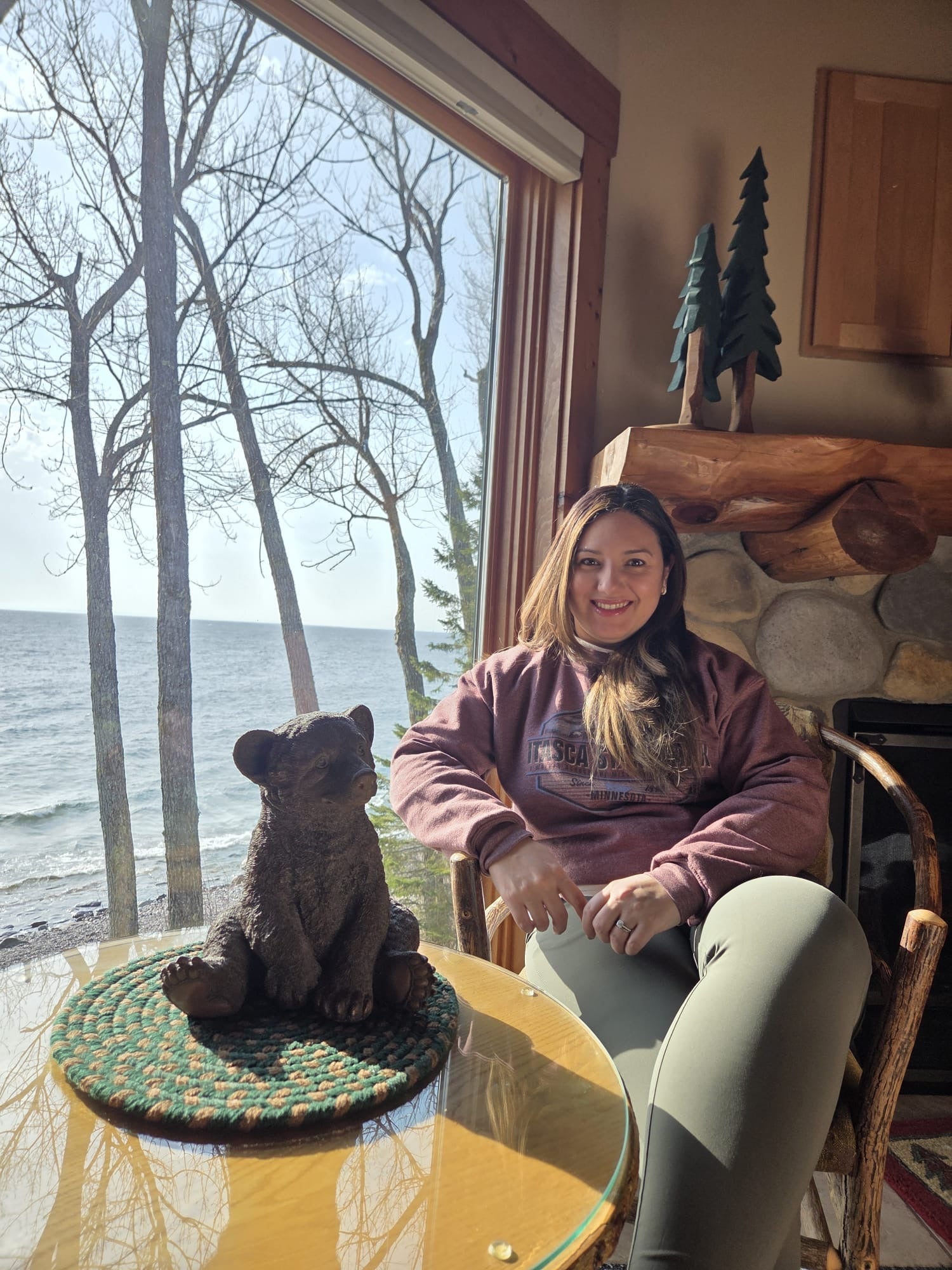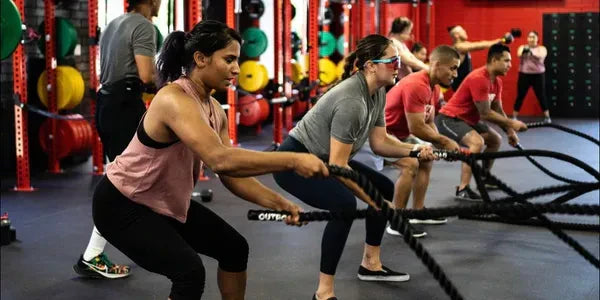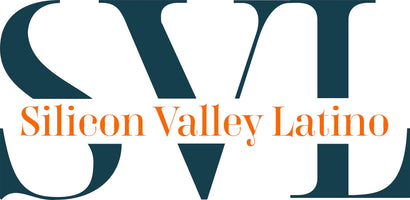Walking Toward Belonging: The Story of Huellas Latinas

In the heart of Minnesota, where lakes shimmer under long summer days and snow and ice blanket the trails in winter, a quiet movement is taking shape — one that’s redefining what it means to belong. Huellas Latinas, founded by Venezuelan urban planner Luisana Mendez, is more than a community hiking group; it’s a bridge between cultures, a pathway to healing, and a growing reminder that nature welcomes us all.
Having lived in Minnesota during my years in the U.S. Coast Guard, I remember the people — grounded, generous, and always ready to share the beauty of their surroundings. I can still recall one cold winter day in Duluth, when I was invited to wander deep into the North Shore forests to hunt snowshoe hares and cottontail rabbits. The air was sharp and clear, the snow more like ice beneath our boots, and the silence of the boreal forest was both humbling and peaceful. That memory — of cold air, open sky, and quiet strength — came rushing back as I learned about Huellas Latinas and their work connecting our Latino community to the healing power of nature.

What began as one woman’s search for connection in a new place has evolved into an organization that empowers Latino immigrants to explore, breathe, and thrive outdoors. Through walks, hikes, and shared experiences, Huellas Latinas invites families to reconnect with themselves, their roots, and the land that now surrounds them.
In her own words, Luisana shares how a simple act of walking became a movement — one that continues to inspire resilience, unity, and hope across Minnesota’s Latino community and beyond.
A Conversation with Luisana Mendez, Founder of Huellas Latinas
When you first arrived in Minnesota and began hiking with friends, how did those early experiences shape your vision for Huellas Latinas, and how has that vision evolved over time?
I have to go a little further back. I first visited Minnesota in 2012, six years before I ever imagined living here. I was fascinated by how active people were—walking, biking, running around the lakes. I remember thinking, “One day, I’d love to do the same—to ride my bike around the lakes and feel that alive and connected.” Thoughts have power, and six years later, that dream became real.

As an urban planner, my vision has always been shaped by the idea of Sustainable Human Development—understanding and experiencing the city through our senses, connecting people to their environment in meaningful ways. When I moved to Minnesota, exploring every corner became a way to truly belong and make this place home. Deep down, I knew I wanted to continue working with the community, just as I did in my home country, Venezuela—but I didn’t yet know how.
Then the pandemic came. Like many, I faced moments of anxiety and panic, and it was nature that held me through them. I discovered its incredible power to embrace, heal, and reconnect us. I used to joke that I wanted to become a “professional hiker,” but I soon started taking it seriously—reading books, watching documentaries, and setting my own hiking challenges.
When I led my first walking program in Spanish in the city of Saint Paul, I met other Latinos who were also curious about exploring local parks. That’s where the idea for Huellas Latinas began — a group of friends walking together that eventually grew into a community movement.
As immigrants, we are not all the same. We come for different reasons — some flee war or dictatorship, others move for education, work, or love. But no matter the reason, we all understand what it feels like to be far from home, from our language, our culture, and our loved ones. And at the same time, there are many reasons that keep us here, rebuilding and redefining what “home” means. That shared experience of distance, resilience, and hope is what connects us — and it’s from that understanding that Huellas Latinas was born: from the desire to create spaces where everyone, regardless of their story, can feel they belong again.
Over time, I realized that enthusiasm wasn’t enough. We needed structure, trust, and purpose. That’s how Huellas Latinas became an organization dedicated to connecting the Latino community with nature — encouraging people to live active, mindful lives and build a stronger sense of belonging.
What started as a personal wish to explore and connect has now become a collective mission: to open paths where others can find well-being, community, and purpose through nature.
Given the climate of immigration crackdowns and the fear among many in the Latinx community about participating in public activities, what has been the biggest challenge in sustaining community engagement — and how has the organization adapted or persevered through those pressures?
We deeply understand our community’s fears and the complex realities many Latino immigrants face. At Huellas Latinas, we don’t dismiss those concerns — we walk beside our community with empathy and intention.
Creating trust has been our greatest challenge and our greatest responsibility. We’ve learned that participation begins with feeling safe — emotionally, culturally, and physically. That’s why every program we design is rooted in inclusion, respect, and belonging.
Through nature, we’ve built bridges instead of barriers. The outdoors becomes a place where everyone can breathe freely, connect with others, and rediscover joy without fear. Over time, those shared experiences have helped our community heal, find confidence, and reclaim its space in public life.
Even in the face of uncertainty, Huellas Latinas continues to grow — because nature not only recharges us; it unites us, fills us with peace and hope, and reminds us that together, we are stronger.
Can you share a particular story or moment that convinced you and the team that Huellas Latinas is making a lasting impact — and what is your vision for scaling or deepening that impact over the next 5 to 10 years?
There have been many moments that confirmed to us that Huellas Latinas is making a lasting impact, but a few have truly stayed in my heart.
I remember a mother who came up to me after one of our family camping trips and said:
“This is the first time my family has ever gone camping. I never imagined we could do something like this. At first, no one wanted to come — and now, they don’t want to leave. These activities have saved and brought my family closer together.”
Another participant shared:
“For the past two years, I’ve been navigating my migration grief. I’ve tried to make friends, but it wasn’t until now, with you all, that I can finally say: I found my people.”

Stories like these remind us that our work goes far beyond organizing outdoor activities — it’s about creating spaces for healing, connection, and belonging. Nature becomes the setting where people not only explore parks but also rediscover themselves and their community.
Over time, we’ve seen participants become volunteers, and some of those volunteers have joined our board of directors. This organic growth shows that Huellas Latinas doesn’t just inspire participation — it cultivates leadership and long-term commitment.
Looking ahead to the next 5 to 10 years, our vision is to deepen and expand that impact: to strengthen educational programs that bridge culture and conservation, to nurture new green leaders within the Latino community, and to bring our experiences to more parks, schools, and cities. We want Huellas Latinas to stand as a national model for how connecting with nature can strengthen identity, well-being, and community leadership.
Through the work of Huellas Latinas, Luisana and her team remind us that connection begins with a single step — on a trail, in a park, or within community. Whether you call Minnesota home or find yourself visiting the North Star State, take a moment to explore the trails and stories that Huellas Latinas is creating.
To learn more or get involved, visit huellaslatinas.com and discover how this inspiring organization continues to leave footprints of hope, belonging, and resilience across Minnesota.
Leave a comment
Comments will be approved before showing up.
Also in Health & Beauty

Why Working Out During Pregnancy Is Important!
Pregnancy is a transformative time in a woman’s life — physically, emotionally, and mentally. As much as I wanted to focus on the health of my baby, I learned it was equally important for myself and mothers to prioritize their own well-being.



